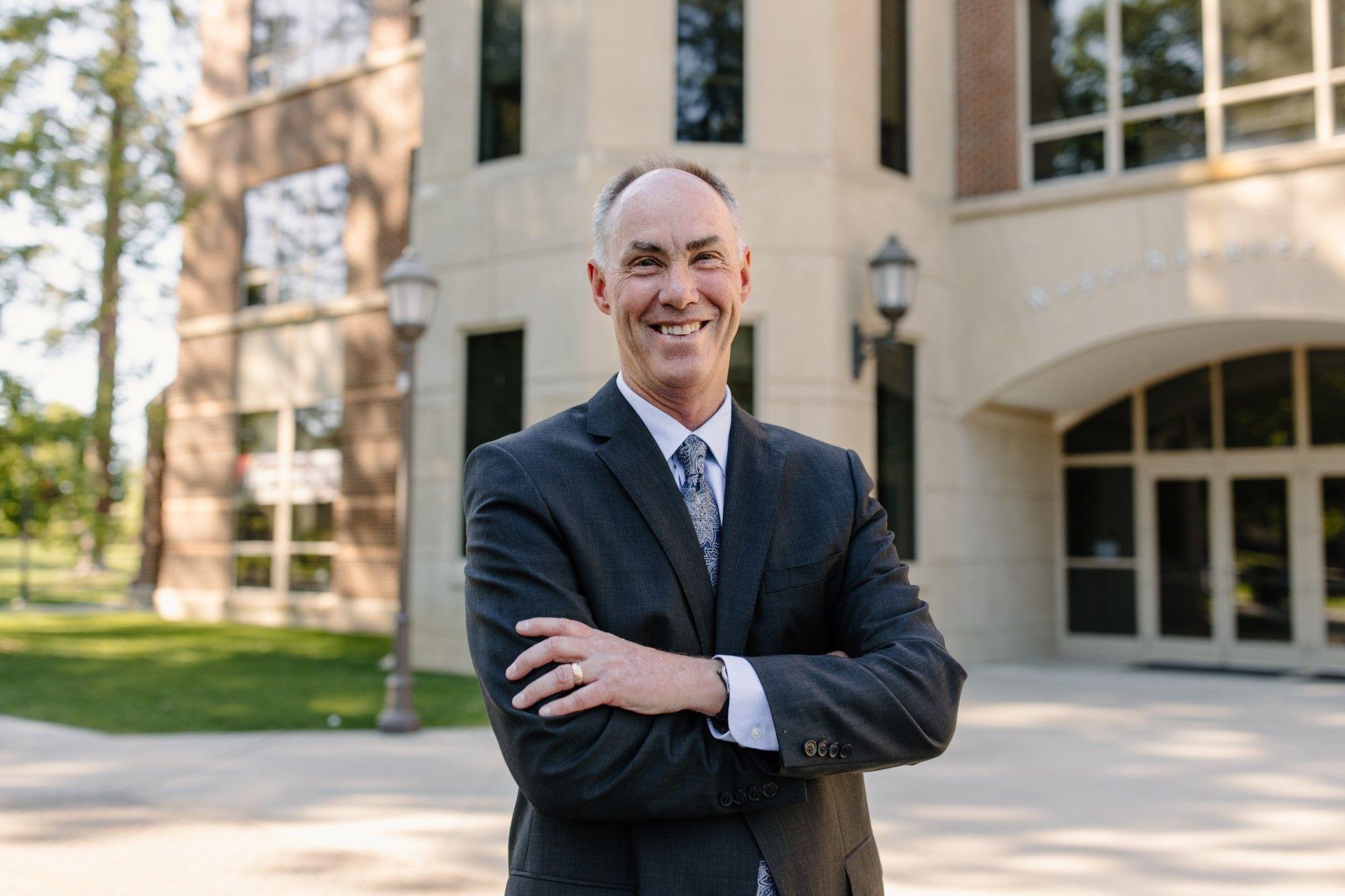
Whitworth University President Scott McQuilkin released a statement through email on Jan. 9, 2024, reflecting on the response to external events from campus and expressing his thoughts on issuing institutional statements.
McQuilkin emphasized the selective nature of such statements. “[I have] written four messages to a broader audience … that qualify as institutional positional statements,” said McQuilkin.
McQuilkin declared a reduction of institutional statements going forward. “I intend to continue with this differentiated approach going forward, only issuing institutional statements on a limited basis,” wrote McQuilkin.
“It is [effective] to make sure that the statements that are made by the university are meaningful, even when it is unfortunate that not all issues can be addressed. But it is important to understand the impact it will have on the members of our community,” said Georgia Goff, president of Associated Students of Whitworth University (ASWU).
The previous statements made by the president have been about events that were “important to be addressed as they are related to the university and are mainly appreciated by the students,” said Goff.
“I have found that students seem to definitely care more a little more about the ones that directly affect our Whitworth community, so I think it is worthwhile to engage and have open discussion,” said Goff. “I am always open to [having] students come to me if they [want to] talk about things, or if they are particularly frustrated about this statement I am willing to work with them. And I know Scott’s open to feedback and ideas that students would like to share.”
Casey Moddrell, a senior political science major at Whitworth, shared a different insight. A reduction in official statements “allows space for students to engage in discourse with one another regarding the issues dominating their lives. If the president issues a statement taking a side in a politically charged event not pertaining to campus policy, it alienates the group of students on the opposing side from the university. Further, the president takes it upon himself to decree what is right or wrong, rather than permitting a variety of views,” said Moddrell.
As a political science major, Moddrell acknowledged the difficulty of keeping up with the news. However, he also wanted to keep a focus on how institutional statements affect the university.
Moddrell suggested that external issues also may not have as big of an impact on university function as they do on individual perception. “An example [is] the Ukraine-Russia War. While Russia is clearly in the wrong, the war itself has little impact on campus function, but does impact several Ukrainian students on campus. And with issues as sensitive as war, personal communication through alternative channels is likely the most efficient method,” said Moddrell.

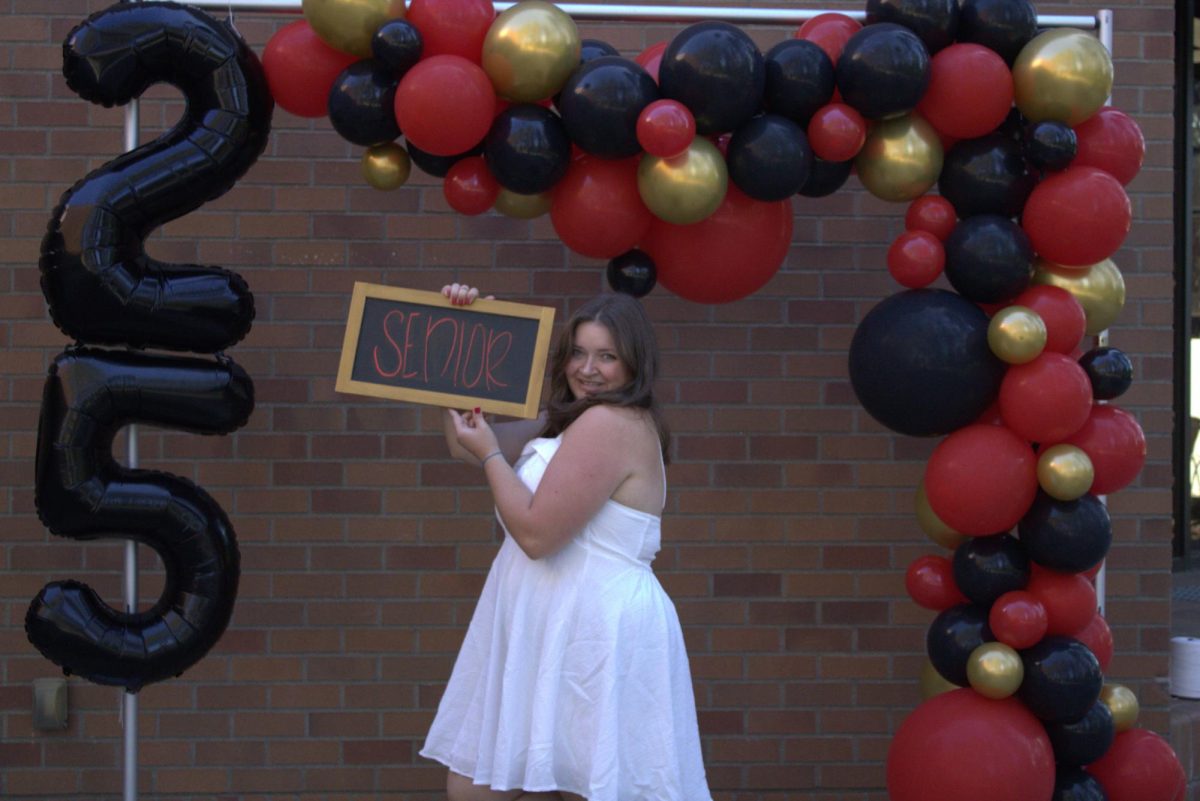


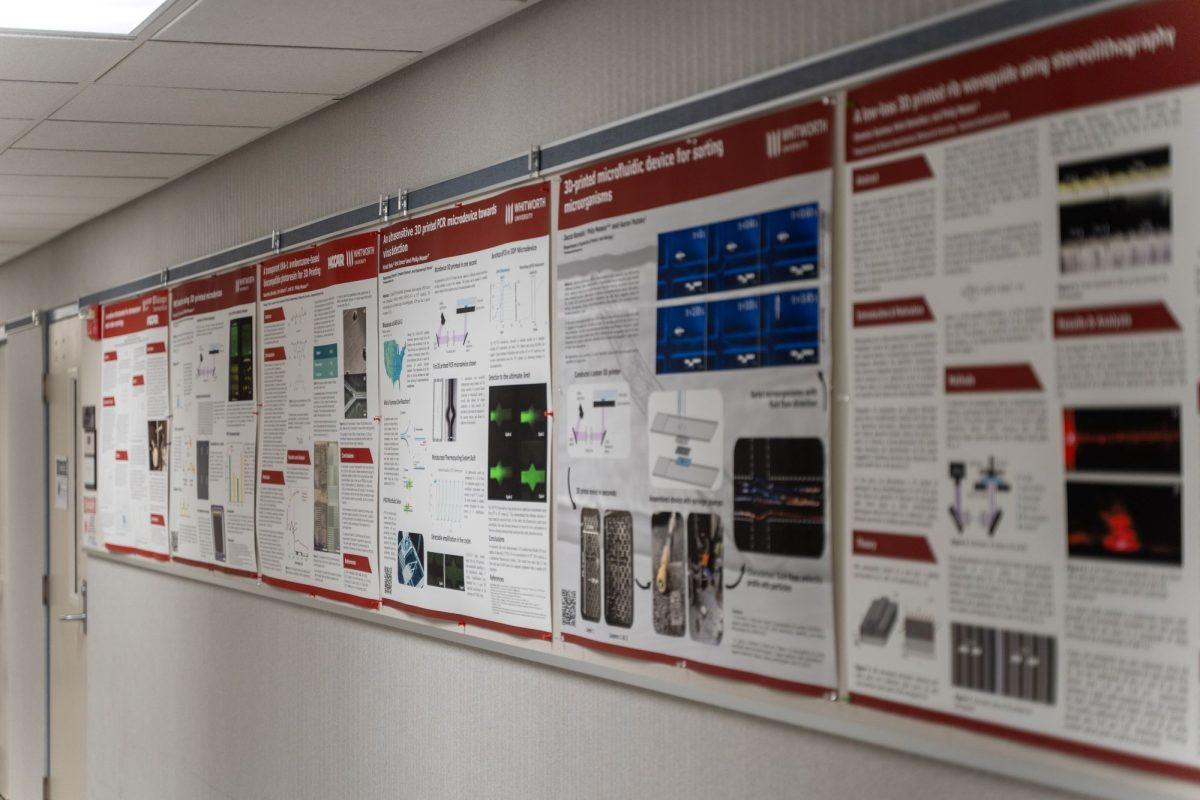
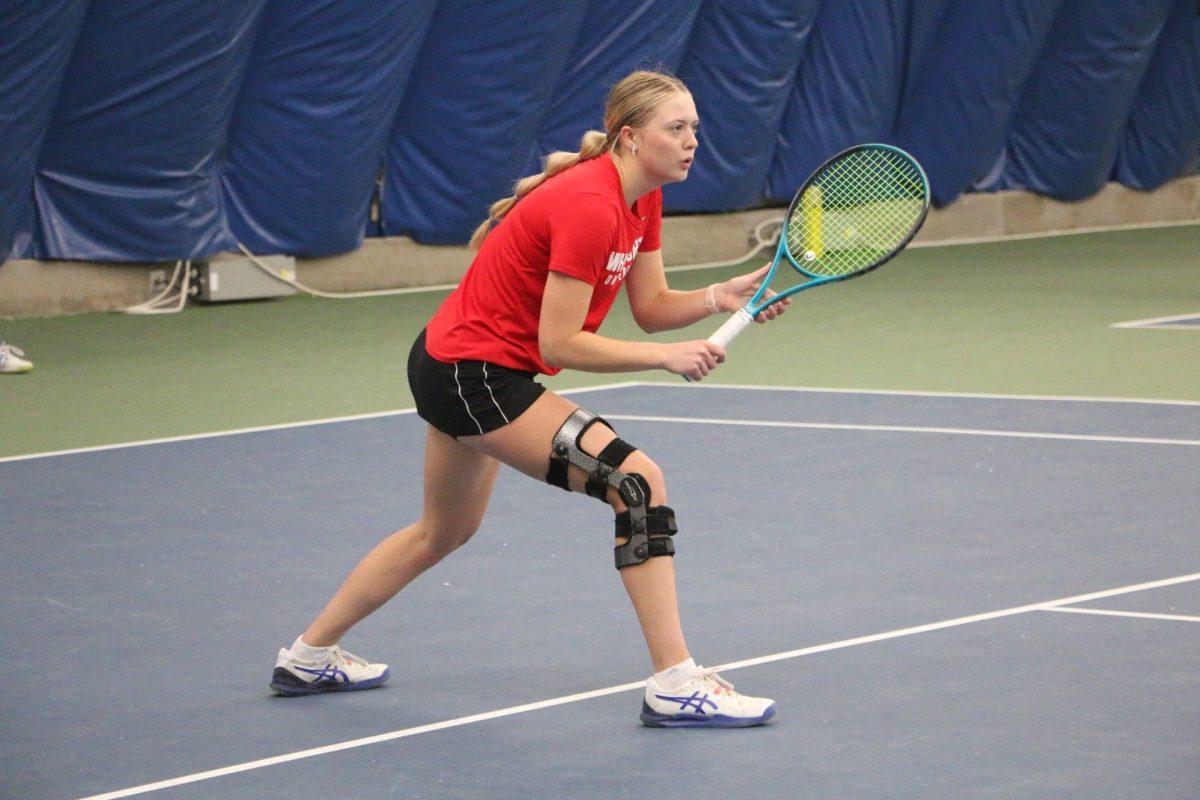






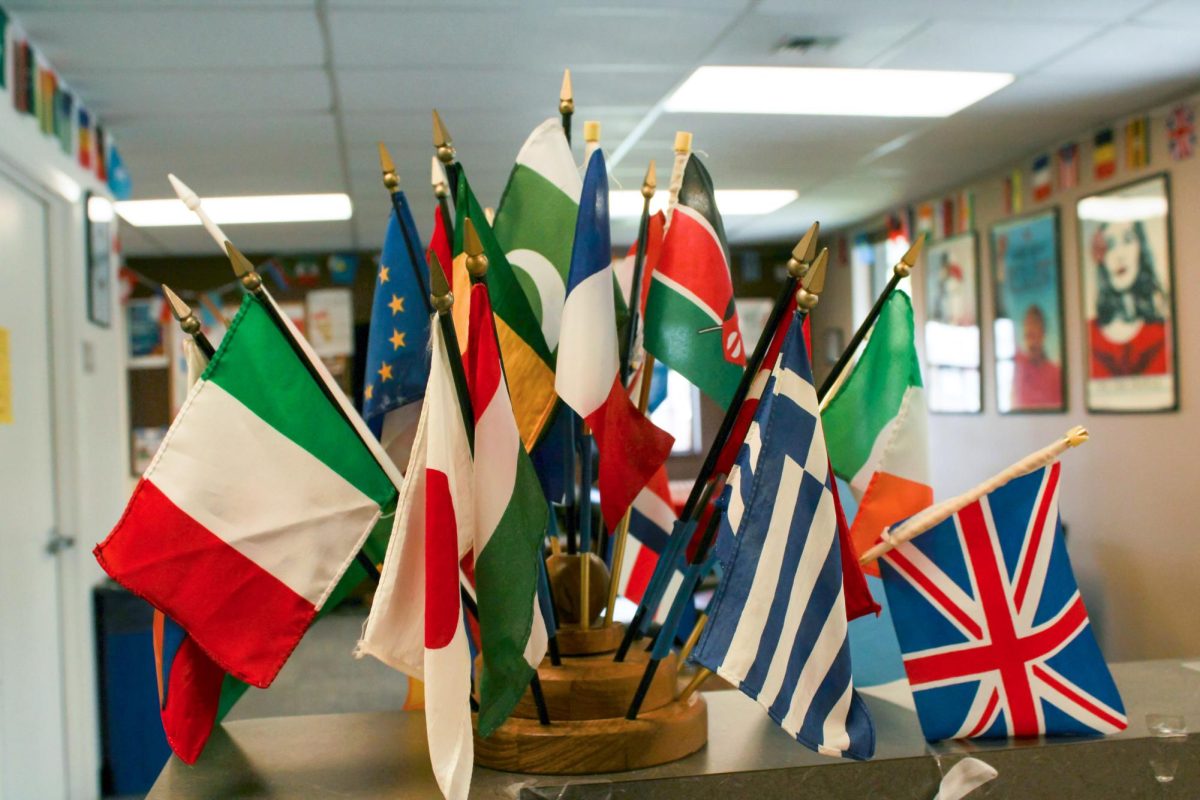



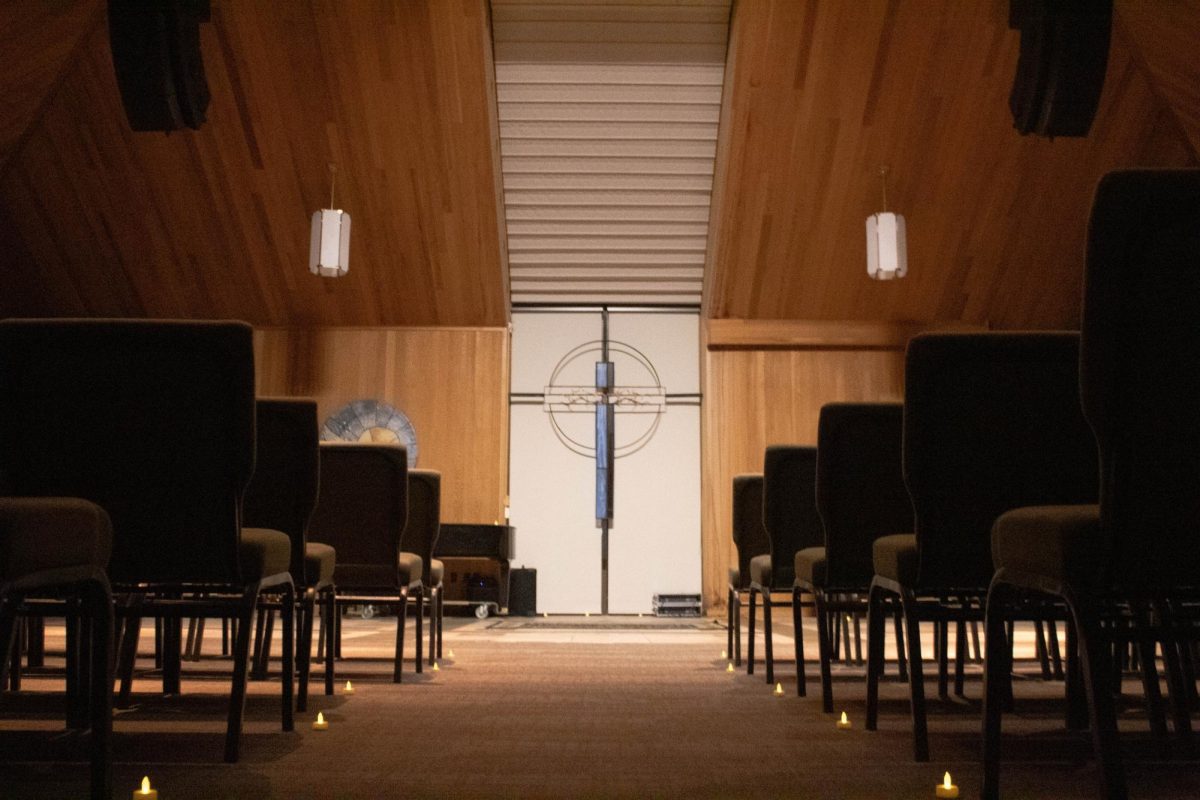
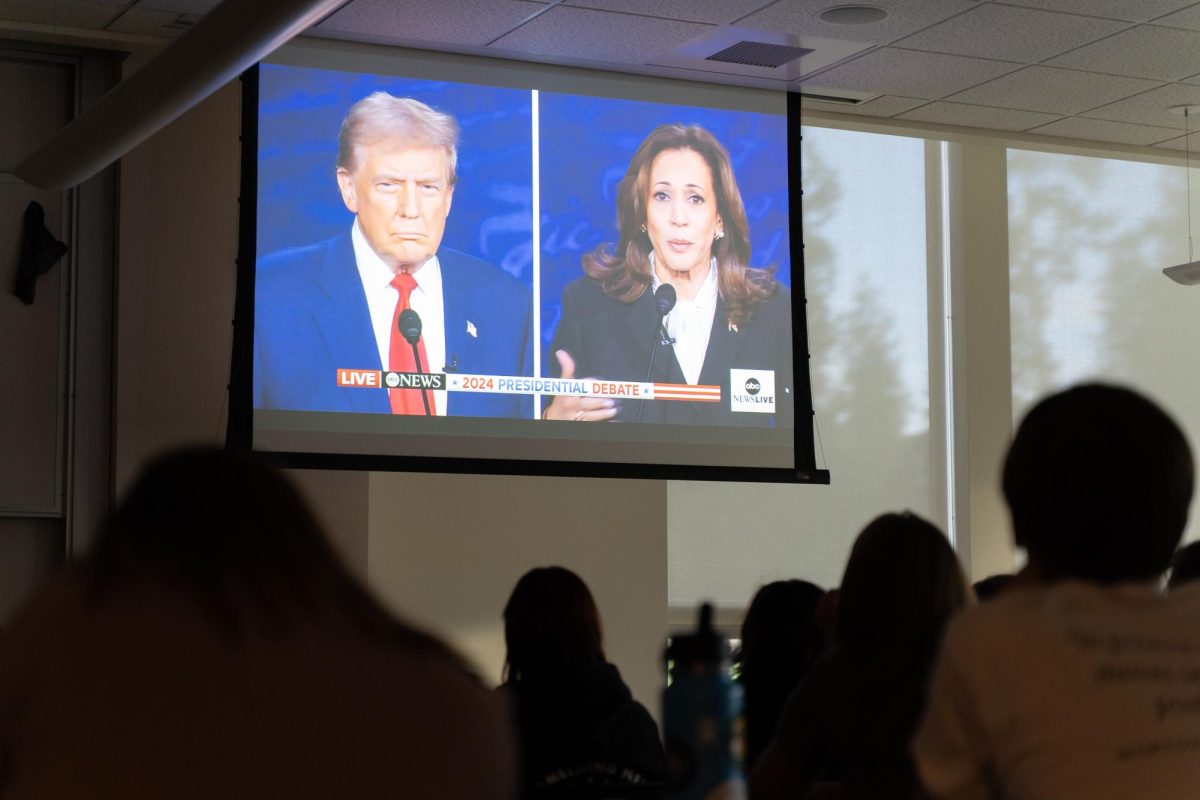
 Spokane?
Spokane?